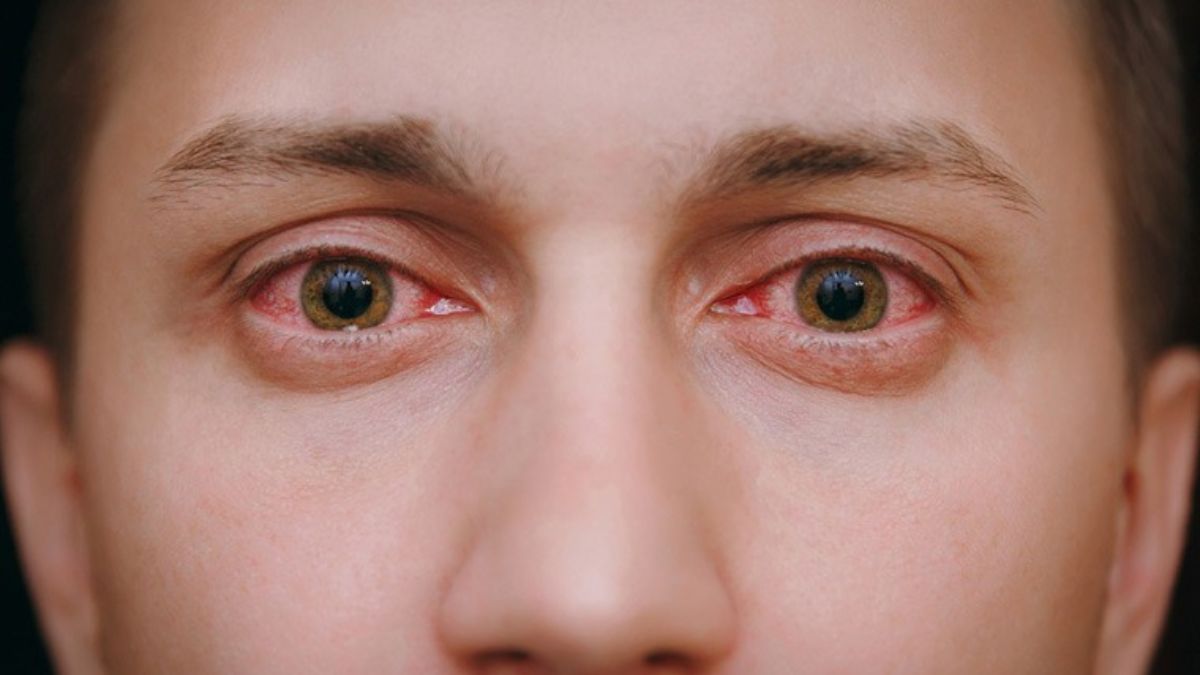From pink eye to corneal infections: Understanding common monsoon eye problems and prevention

While the monsoon rains are a welcome respite from the summer heat, the combination of high humidity, stagnant water and sudden downpours creates the perfect conditions for eye infections to flourish.
Dr Mubashir Parkar, Cataract and LASIK Surgeon, at Dr Agarwals Eye Hospital and Dr Pooja Prabhu, Consultant Ophthalmologist at the same hospital, break down why eye infections are common in the season and what you can do to keep your peepers in perfect health.
Why do eye infections peak during the monsoon season?
High humidity is a breeding ground for bacteria, fungi, and viruses. Meanwhile, contaminated rainwater and those puddles that form everywhere become breeding grounds for all sorts of microorganisms. Our behaviour changes are responsible too. We tend to touch our faces more when we feel uncomfortable due to the humidity, and often with hands that aren’t exactly clean. Shared towels and personal items, and being in crowded places make it worse.
During the monsoon season, there is an increase in airborne allergens like mould and pollen. This is especially dangerous for people who are already sensitive to these triggers.
Common eye infections in the rainy season
Conjunctivitis (Pink Eye): This can be either viral or bacterial and is the most common troublemaker during monsoon. It makes your eyes red, itchy, and watery with that telltale discharge. What makes it worse? It spreads like wildfire in schools and offices. And with everyone already dealing with seasonal colds and fevers, conjunctivitis just tags along for the ride.
Corneal infections: These could include painful corneal ulcers and fungal keratitis (fungal infection of the cornea characterised by redness and blurred vision, among others) that thrive in moisture.
Other common issues are: Blepharitis (when your eyelids get inflamed from all the moisture and debris), styes (painful bumps that show up when oil glands get blocked), and allergic conjunctivitis from all the mould and pollen that multiply during the rains.
Rural areas face additional challenges, especially for farmers and outdoor workers who are more likely to get rainwater mixed with soil or plant matter in their eyes.
How to protect your eyes:
Stop touching your eyes: This is probably the hardest but most important rule. Your hands pick up germs from everywhere, and your eyes are an open door for infections. Wash your hands frequently, especially after being out and about.
Keep things separate: Use your own towel, don’t share handkerchiefs, and avoid sharing anything that touches your face. This is one of the most effective ways to prevent the spread of infections within families.
Wear protective eyewear like sunglasses or goggles when out and about. And keep your glasses clean. Avoid wearing contact lenses when it’s raining, as these can trap contaminated water against your eyes.
Keep things dry: Wipe away moisture from your eyes and face with a clean cloth. If your eyes feel irritated from dust or pollution, rinse them with clean water (boiled and cooled is best) to flush out irritants.
Use artificial tears if your eyes feel dry or irritated. The humidity can make your eyes feel uncomfortable, and lubricating drops can help.
Visit a specialist: Over-the-counter eye drops can sometimes make things worse. If you notice redness, discharge, pain, or any discomfort, see an eye specialist right away.
The truth about rose water: Though advocated for by our grandmothers, most rose water you buy isn’t sterile. During monsoon season, especially, when infections are already more likely, using non-sterile products near your eyes can introduce harmful bacteria and make things worse. Rose water should never be used for actual eye infections like conjunctivitis or corneal ulcers. If your eyes are dry or irritated, stick to preservative-free lubricating drops that an eye doctor recommends.
Kids need extra care: As they love playing outside, they touch everything, and often don’t wash their hands properly. Try to keep them away from puddles and ask them not to touch their eyes when they feel itchy or irritated.
Health